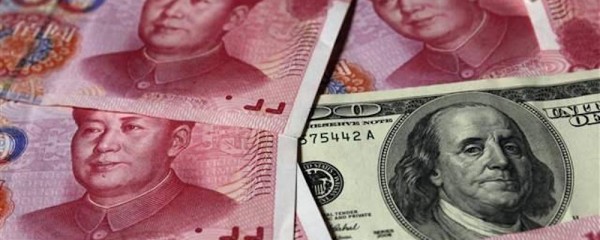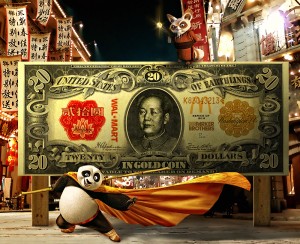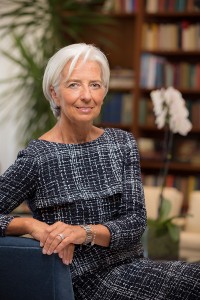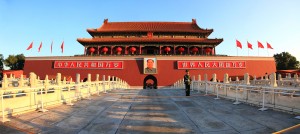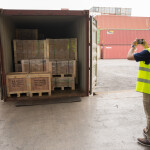09
Dec 2015
RMB TO BE IMF’S RESERVE CURRENCY
Finally, the decision for Chinese Yuan or RMB to be added to IMF’s basket of elite reserve currency is finalized. Here is the detail…
Benefit, benefit, benefit…
Despite many controversies, analysts say that the IMF’s decision is in large part a political one designed to encourage stronger economic overhauls in the world’s No. 2 economy. Christine Lagarde believes this milestone will be the beginning of many reforms. This move will be effective in the late of next year.
Christine Lagarde
For the International Market, this move will help to accelerate a mild pick-up in international demand for the yuan. It confers a measure of international legitimacy to China’s currency as the government starts to liberalise its rigidly controlled exchange rate and financial system.
What about for Chinese itself? Some argue that, it is the art of prestige. For Chinese, this move is their platform to elevate country’s economic role in the global economy as it challenges US political and economic dominance around the world. The yuan joins the dollar, euro, pound and yen in the IMF’s reserve-currency basket. Moreover, the yuan will make up 11 per cent of the basket, more than the yen and pounds.
The yuan will be determined and assessed whether it is reliable and well-used foreign-exchange asset that central banks stock as a buffer against crises. Related to the statement, the IMF’s action has more symbolic value than practical importance to financial authorities and the markets. Finally, this IMF’s move is purely for denominating its loans and isn’t an internationally traded asset.
Beijing’s Part to Do
Beijing needs to establish a market-determined currency. It’s a move to deepen its financial system, to strengthen its economic institutions, and to secure healthier long-term growth. Those determinants are important to gain central banks and investors’ trust in the yuan to stock up their reserves with China’s currency.
Beijing has issued series of policies to meet IMF’s criteria for yuan inclusion in the IMF’s lending basket, such as, freer interest rates and easier foreign investor access. The IMF uses the SDR to denominate its crisis lending as member countries currently borrow dollars, euros, pounds or yen to keep their economies afloat. On the other hand, Beijing also improved their financial sector policies, such as, devaluation to make the value of the yuan more market determined.
Political Decision?
Some argued that those efforts were progress, but they failed to establish a sufficient track record and that is the reason why many economists and China watchers opined that this IMF’s decision was largely a political one, an effort to encourage Beijing to take greater responsibility for its expanding role in the global economy.
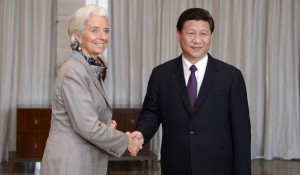 Christine Lagarde with President Xi
Christine Lagarde with President Xi
Some fund watchers also say that support in the international community for the move is partly political consolation for the failure of the IMF to overhaul the lending institution’s governance structure to give China and other emerging-market nations more of a vote in line with their evolving economic heft in the world.
Failure to win IMF reserve-currency status would have also been an embarrassment for China’s leadership (see China’s culture here). It also could have made it even more difficult for those in China seeking to open up the economy.
Even with the IMF decision, there is uncertainty about whether Beijing will withdraw its promises to liberalize its economy. As China’s economic slowdown deepens, authorities recently decided to slow down the pace of opening up financial markets, fearing such actions could exacerbate capital outflows (see Jack Ma’s Opinion on China’s Economic Slowdown here).
“If money is your hope for independence, you will never have it. The only security that a man will have in this world is a reserve of knowledge, experience, and ability – Henry Ford”
Source: WSJ
www.sbeinspection.com, your China Procurement Service Solution

